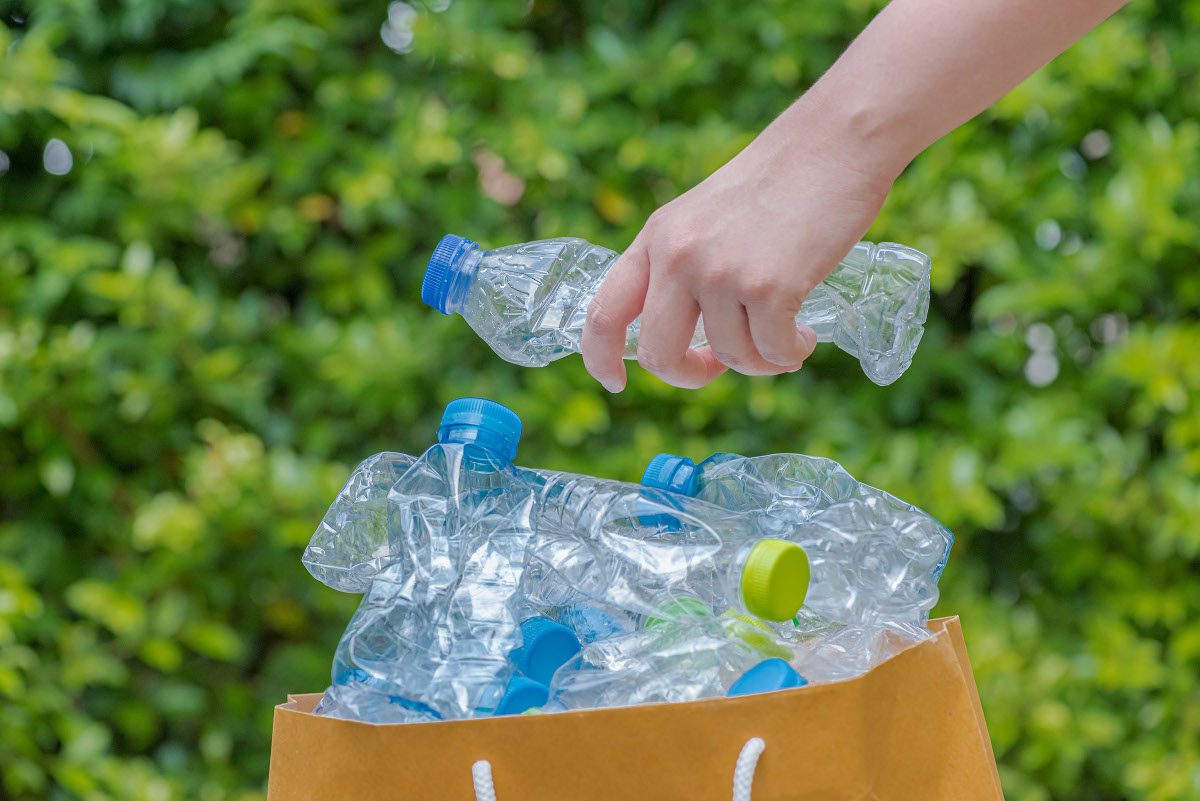More than 170 countries were gathering in Geneva on 5 August to begin the final fortnight of negotiations on the terms of a Global Plastics Treaty, a United Nations-backed effort to tackle plastic waste.
“These negotiations hinge on two key questions: should we cap plastic production, and should we limit harmful chemicals added to plastics?” explained Professor Rosalind Malcolm, Co-Director of the Governing Plastics Network from Surrey Law School.
“Countries are split – with the High Ambition Coalition pushing for full lifecycle regulation, including reducing production of fossil-fuel-based plastic, while oil-producing states argue plastics are only a waste management issue.”
Last November’s talks in Busan appeared to collapse amid reports that oil-producing countries were continuing to block limits on outputs. Putting limits on production has been a focus of the so-called High Ambition countries, which includes the UK, efforts that have been subject to push-back from a group that has included Russia, Saudi Arabia, Iran and Kuwait.
“A strong, legally binding treaty must address the root causes,” said Rosalind Malcolm.
“That means limiting plastic production, restricting problem chemical additives, mandating ecological design and introducing clear labelling.
“Crucially, we must support developing countries to adopt cleaner, more sustainable practices. Without these measures, we risk falling short of real, lasting change.”
One important aspect of efforts to limit plastic production (and hence pollution) is the push to find sustainable alternative materials to those used in conventional plastic packaging. Paper “is emerging as a strong candidate”, according to Professor Joseph Keddie, a materials scientist at the University of Surrey. This is especially true for dry goods, he said, thanks to its recyclability, renewable origins, and lower environmental impact compared to polyethylene terephthalate (PET).
Diane Crowe of Reconomy hoped that the governments in attendance “can reach a conclusive, ambitious agreement.”
“A legally binding UN treaty tackling the full lifecycle of plastics could be transformative in accelerating the shift to a circular economy and helping businesses lower carbon emissions, close circularity gaps, prevent plastic waste and reduce costs.
The UK has undertaken efforts to shift towards a circular economy through ongoing and upcoming legislation such as Extended Producer Responsibility, Simpler Recycling and the Deposit Return Schemes, but there is still a long way to go, noted Crowe.
“The UK throws away an estimated 1.7 billion pieces of plastic a week and just 6.9% of materials make their way back to the economy. A global treaty will amplify these domestic efforts, and we look forward to seeing the negotiations get underway.”
The UK is an active member of the High Ambition Coalition to end plastic pollution, and is committed to agreeing a treaty that covers the full life cycle of plastics to ensure its sustainable consumption, production and disposal, said a statement from Defra. It joined over 85 countries in endorsing the Stand Up for Ambition statement at last November’s talks in Busan.













